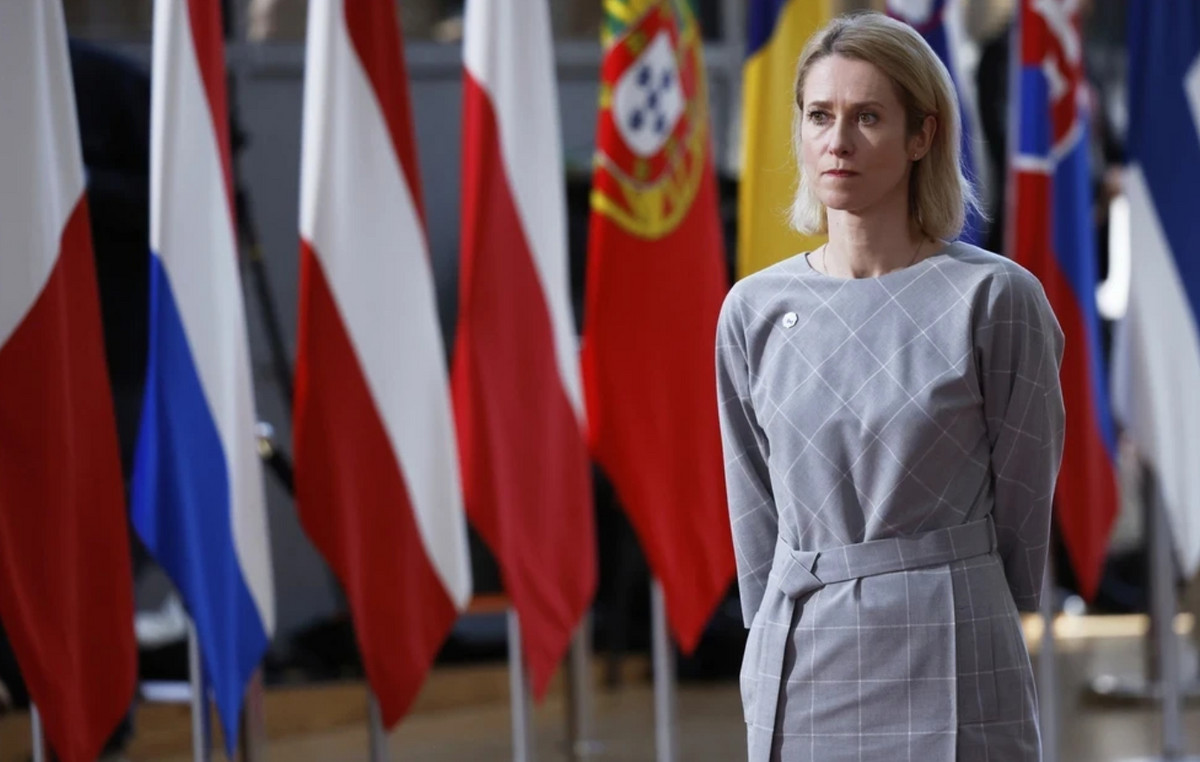Members of the transition group at the Ministry of Mines and Energy claim that the increase in electricity bills is inevitable, but should not happen in the short term. The members must close the final report of the transition group today and in it they must include the suggestion to postpone part of the debts left by the Bolsonaro administration, which would make the accounts more expensive immediately.
One of the ideas would be to renegotiate with thermoelectric plants the payments foreseen for the use of energy from these plants, when the dry period reduced the generation capacity of the hydroelectric plants.
The energy coordinator of the elected government’s transition team, Maurício Tolmasquim, said on Thursday (8) that the new government inherits a series of actions that will leave “a very large bad legacy”, which will have to be paid by the consumer. .
According to Tolmasquim, the sum reaches BRL 500 billion, divided into: loans related to the Covid Account, with BRL 26 billion; water scarcity account, with R$ 6.5 billion; emergency contracting of thermoelectric plants, equivalent to R$ 39 billion; amendments to the Eletrobras privatization project, which add up to R$368 billion, the highest amount; and market reserve, which corresponds to R$ 55 billion.
Asked about the numbers, the former director of the National Electric System Operator (ONS) and president of the newly created National Front of Energy Consumers, Luiz Eduardo Barata, says that the bill could even exceed R$ 500 billion.
“It’s serious because it’s a billionaire bill that won’t be left only for the new Lula government, but for the next three or four governments, it’s something that will have to be paid in 15 or 20 years. And the bill always falls to the consumer, ”he says.
Barata claims that the billionaire account is related to a lack of planning, but mainly to “speculative attacks by Congress”. “There is a serious problem of complicity between the Legislature and the Executive. This was evident in the capitalization of Eletrobras.
”Throughout the capitalization process of the then state-owned energy company, sector analysts pointed out the risks of the so-called “jabutis”, expenditure forecasts included in the MP of Eletrobras and that had no direct relationship with the privatization of the company.
An example of a jabuti was the requirement to contract natural gas-powered thermoelectric plants in the North, Northeast, Midwest and Southeast regions, in places that do not have natural gas transport infrastructure. Measures were included in the text to meet the regional interests of politicians involved in the MP negotiations.
For the former director of the ONS, despite the inevitable increase in electricity bills, a possible long-term solution to the issue would be to carry out a reform in the energy sector. “The current framework of the electricity sector was built in 2004. Since then, we have experienced a complete change in the energy matrix with the arrival of renewable energies and very profound changes in consumption. This framework does not support changes in the sector”, he says.
Source: CNN Brasil
A journalist with over 7 years of experience in the news industry, currently working at World Stock Market as an author for the Entertainment section and also contributing to the Economics or finance section on a part-time basis. Has a passion for Entertainment and fashion topics, and has put in a lot of research and effort to provide accurate information to readers.







